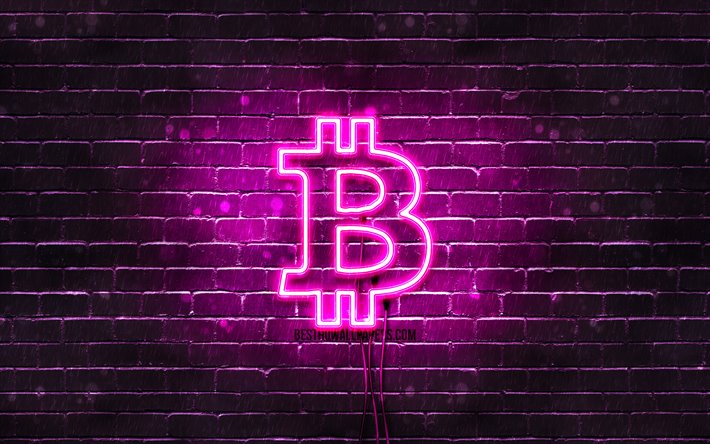Bitcoin is not just the original virtual currency, but it is the most renowned over thousands of cryptocurrencies at present in exercise. Bitcoin has turned out to be an inextricable part of the environment, with investment community breathlessly covering both the high and low of the bitcoins. Whereas the fluctuation may make for interesting news, it seldom qualifies Bitcoin as the ideal best decentralized exchange option for early buyers or those seeking a reliable store of wealth. Knowing the ins and outs of Bitcoin might be challenging, so let’s discuss how exactly it works?
- Bitcoin is a decentralised virtual currency that may be purchased, sold, and traded without the use of a middleman such as a government. Satoshi Nakamoto, Bitcoin’s founder, highlighted the necessity for an e – payment system based on blockchain evidence rather than faith” when he first proposed Bitcoin. More or less every Bitcoin transaction exchange is recorded on a shared database that is open to the world, enabling payments impossible to backtrack and falsify. It’s all on purpose: Bitcoins are really not funded by the state or any other issuing organization, and their worth is only guaranteed by the evidence encoded into the system.
- Bitcoin is based on blockchain technology, which is a shared database. Blockchain is a connected data set formed up of components known as blocks that include details about every trade, such as the time and location, actual amount, purchaser and seller, and a specific identification number for each trade, as the name indicates. Data are connected in a sequential manner, forming a virtual blockchain system.

- Blockchain is decentralised, meaning it is not managed by a central entity. Many people evaluate it with Google Docs that anybody can edit. “It is not owned by anybody however anyone with a hyperlink can donate to it. And when various individuals make changes to it, your record is revised as well.” While the concept of anybody being able to modify the blockchain may appear dangerous, it is certainly understandable Bitcoin reputable and safe. To be included in the Bitcoin network, a single block must be confirmed by a plurality of all Bitcoin holders’ clients, and the distinctive numbers used to identify clients’ wallets and deals must follow the rules.
- Because these identifiers are lengthy, arbitrary numbers, counterfeiting them is exceptionally hard. Usually, some experts say that the probability of hacking the secret key of the cryptocurrency wallet is similar to the probability of winning gambling games jackpot continuously more than ten times. This amount of probabilistic unpredictability in the blockchain verification codes, which are required for every transfer, substantially decreases the possibility of a fake Cryptocurrency being made by anybody.
Conclusion
Hope this information has given all the new traders of bitcoin cryptocurrency enough details about what is bitcoin and how it works.

